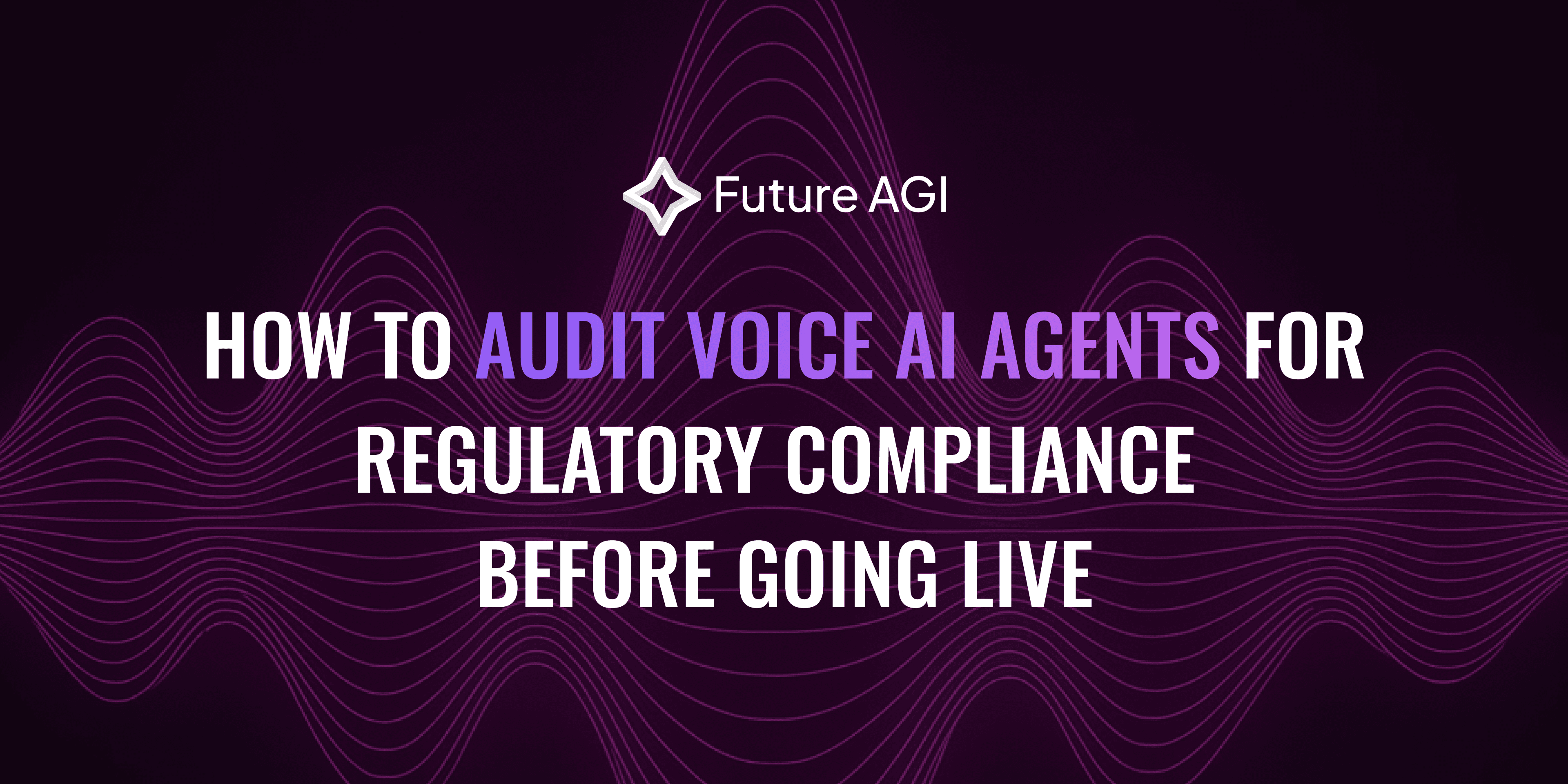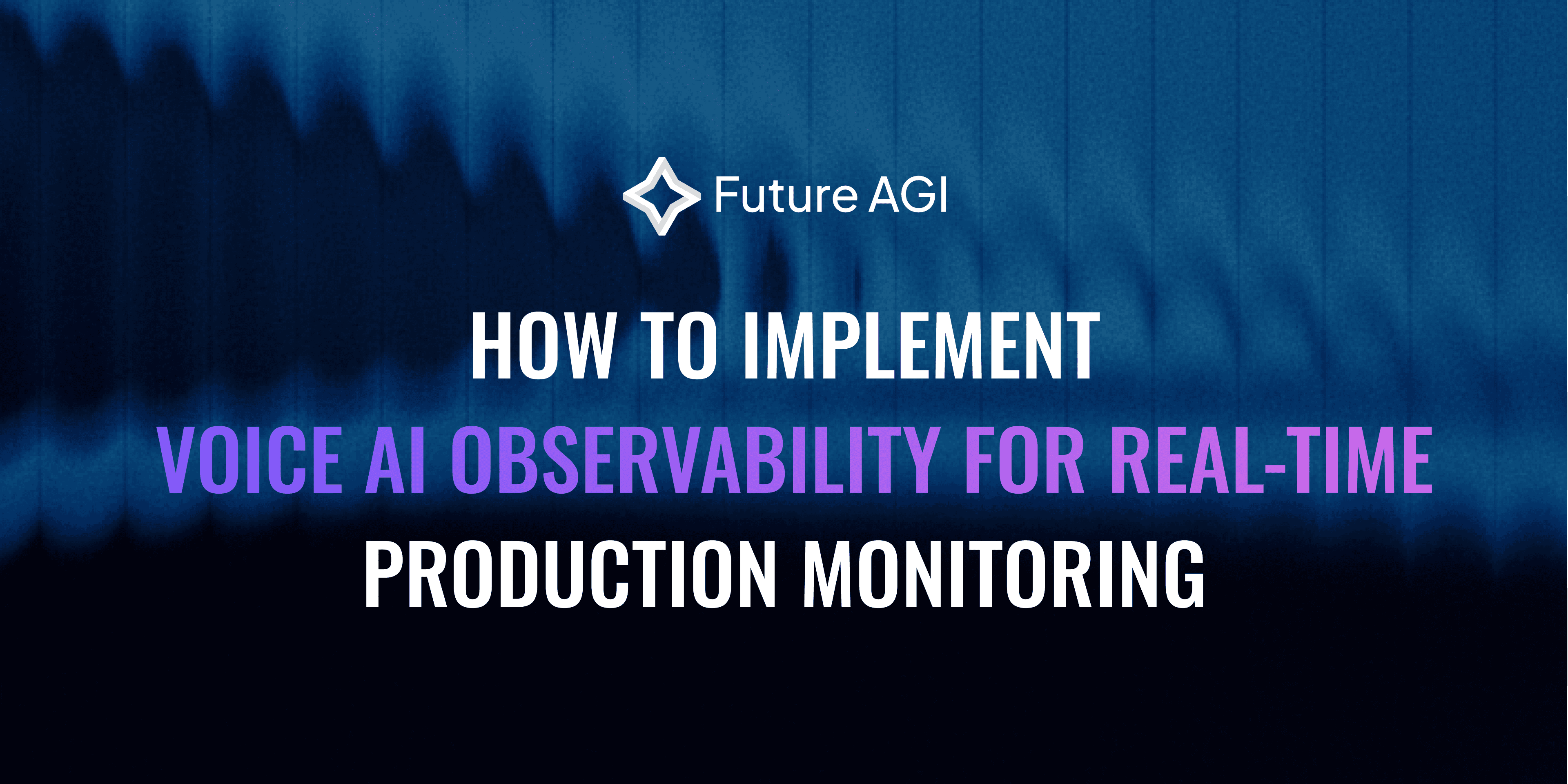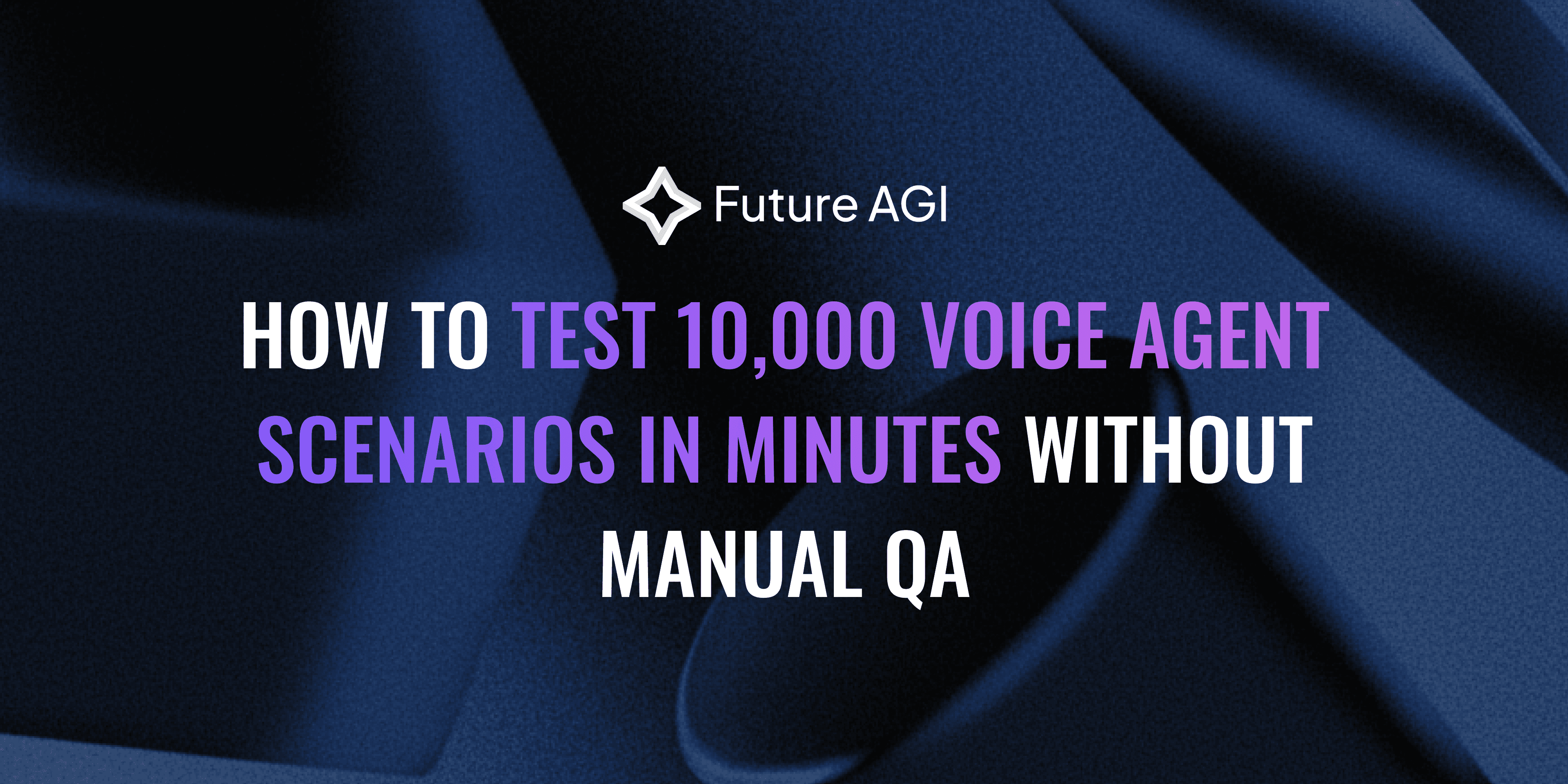Introduction
Companies are racing to add chatbots and content generators to their websites, apps, and phone lines, but these models are built to keep writing the next word - not to check whether that word is safe or legal. The same system that drafts a helpful answer can just as easily spill personal medical details, copy-pasted song lyrics, or flat-out nonsense. Every unfiltered reply risks breaking privacy laws, hurting a brand’s image, or confusing customers with bad information.
Trouble also starts on the way in. A clever user can hide secret instructions inside a question and steer the model off course, or slip in private data that your system was never meant to store. Links pulled from the internet might point to fake or harmful pages, twisting the model’s response even further. Without some layer of protection, these hidden dangers flow straight into your databases and user screens, turning a helpful tool into a liability.
What is AI Guardrailing?
AI guardrailing is the safety layer that sits between a generative model and the outside world. Think of it as a programmable filter: every prompt that goes in and every answer that comes out is scanned against a set of rules - such as blocking hate speech, personal data, or policy-breaking instructions - and the system can choose to allow, refuse, rewrite, or log the content. Microsoft describes its Content Safety service as “robust guardrails for generative AI” that detect violence, hate, sexual and self-harm content in real time, while OpenAI’s Moderation API offers a free classifier that flags similar risk categories before a response ever reaches the user.
Consultancies and researchers frame guardrails as essential governance rather than optional add-ons. McKinsey notes that guardrails “constrain or guide the behavior of an AI system to ensure safe, predictable, and aligned outputs,” grouping them into technical filters and procedural controls. Anthropic’s work on “constitutional” classifiers shows how an explicit rule-set can train models to stay helpful, honest, and harmless even under adversarial prompts. In practice, then, guardrailing is the combination of automated checks and policy logic that keeps modern AI from spilling private data, parroting abuse, or executing hidden instructions - protecting both users and the organisations that deploy the models.
How to Set-up Guardrailing in AI Systems?
Create a checkpoint: Send every user prompt and model reply through a small piece of middleware so nothing reaches the other side un-checked.
Check the content: Run quick pattern rules (like “does this contain a credit-card number?”) alongside learned classifiers that score for hate, self-harm, violence, privacy leaks, or prompt-injection tricks.
Apply the rulebook: Based on those scores, decide whether to let the text pass, block it, rewrite sensitive parts, or hand it to a human reviewer.
Record what happened: Log the scores and the final decision with a trace ID so auditors and developers can see exactly why each message was handled the way it was.
Put the layer in the right place: Host the guardrail service where it meets your latency and data-residency needs - inside the same cloud region, as a local micro-service, or even embedded inside the model runtime.

Image 1: Five-Step Guardrail Setup
What is AI Guardrailing?
Tool 1 – Future AGI Protect

Image 2: Future AGI’s GenAI Lifecycle
Future AGI places a safety wrapper around any model call, driven by the exact same metric pack you use during offline evaluations. That continuity means the threshold you set for “prompt-injection” in staging is enforced automatically when real users arrive. Protect already scans text and audio, and its reference docs describe a “very low latency” pathway that teams can run inside their own VPC for chat-level speed.
One policy file controls toxicity, privacy, prompt attacks, and custom regex checks.
Every decision flows into the same tracing dashboard that tracks cost and token usage, so safety and performance sit side by side.
A built-in fallback can mask sensitive strings or re-ask the model, which removes the need for extra remediation code.

Image 3: Future AGI Protect Workflow
Tool 2 – Galileo AI Guardrails
Galileo expanded its evaluation suite with a guardrailing SDK that screens prompts and completions before they leave the network. The same dashboards used for quality testing now flash real-time alerts when the filter catches prompt-injection, PII, or hallucinations.
One install adds prompt-injection scoring, private-data detection, and hallucination checks.
Metrics stream to the existing Galileo trace viewer, so data scientists see safety scores next to accuracy charts.
Runs as a cloud hop; good for most apps, but teams with sub-100 ms budgets should measure the extra round-trip.
Tool 3 – Arize AI Guardrails
Arize offers four plug-in guards; the Dataset Embeddings guard compares each new prompt with a library of known jailbreaks. In a public test it intercepted 86.4 percent of 656 jailbreak prompts, logging verdicts and latency alongside model traces.
Multiple guard types: embedding similarity, LLM-judge, RAG-specific policy, and few-shot checks.
Corrective actions can block, send a default reply, or trigger an automatic re-ask.
Auto re-ask means a second model call, so teams chasing very tight SLAs may prefer the direct block path.
Tool 4 – Robust Intelligence AI Firewall
Robust Intelligence’s AI Firewall inserts itself like a web-application firewall for language models. It auto-profiles each model with algorithmic red-teaming, then builds rules covering hundreds of abuse, privacy, integrity, and availability categories.
Coverage maps directly to the OWASP Top 10 for LLM applications, which helps security teams tick audit boxes.
A live threat-intelligence feed updates rule sets without manual tuning.
Service runs as a managed gateway, so organisations needing full on-prem control will have fewer knobs to adjust.
Tool 5 – Amazon Bedrock Guardrails
Bedrock Guardrails went multimodal in March 2025, adding image filters that block up to 88 percent of harmful content and a “prompt attack” detector that spots jailbreak attempts before they touch any model.
One guardrail policy can protect every model you host on Bedrock, simplifying operations for AWS-centric stacks.
Filters span hate, sexual, violence, misconduct, and the new prompt-attack category, each with selectable block or detect actions.
Monitoring lives in CloudWatch by default; exporting traces to external observability tools requires extra wiring.
Side-by-Side Comparison
Parameter | Future AGI Protect | Galileo AI Guardrails | Arize AI Guardrails | Robust Intelligence AI Firewall | Amazon Bedrock Guardrails |
Modalities | 📄 Text 🎤 Audio | 📄 Text | 📄 Text | 📄 Text | 📄 Text 🖼️ Image |
What it checks | Toxicity • PII • Prompt-injection • Custom regex | Prompt-injection • PII • Hallucination | Jailbreak similarity • RAG context • Few-shot quality | Abuse • Privacy • Integrity • Availability | Hate • Sexual • Violence • Misconduct • Prompt attack |
Where it lives | In-VPC SDK or managed cloud gateway | Cloud middleware hop | Cloud or self-host micro-service | Managed security gateway | Native feature inside AWS region |
Speed snapshot | ~100 ms P95 in-VPC | +1 network hop (<150 ms typical) | ≈300 ms block≈1.4 s auto re-ask | Network-hop dependent | Internal AWS call (no public stats) |
Stand-out touch | Same metric pack for testing and production, so no drift | One UI for eval, monitoring, and guardrailing | Embedding guard blocked 86 % jailbreaks in public test | Auto red-teams models, updates rules via threat feed | Single policy protects every Bedrock model, now multimodal |
Conclusion
In the end, effective AI Guardrails decide whether your chatbot is a trusted advisor or a liability. The five tools we compared show that no single solution fits every stack: some excel at low-latency LLM guardrails inside your own VPC, others shine with multimodal AI content safety baked into a cloud console. Match their strengths - risk coverage, deployment style, speed to the realities of your app and your compliance team.
Start small, measure, then scale. Wrap one high-traffic endpoint with a guardrail, log every decision, and tune thresholds until false positives drop. Once you see safer outputs and calmer auditors, roll the layer across the rest of your models. A few hours of setup today will save months of fire-fighting tomorrow.
Secure every output with Future AGI Protect which has enterprise-grade guardrails for safer generative AI.
Start your free trial now and see it in action within minutes.
FAQs











